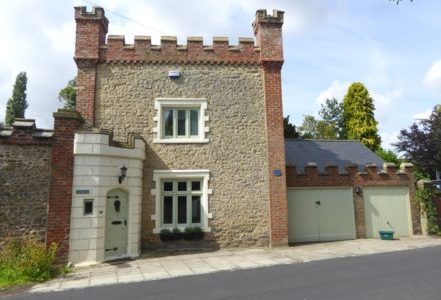
An Englishman’s home is his castle
The principle behind the saying “An Englishman’s home is his castle” is that your home is your private territory, which others may not enter without permission. Along with this comes a sense of pride in your property, so you keep it secure and well-maintained, and update the furnishings, fixtures and fittings as and when you can.
The idea of the home-castle is long-established in the UK, but it seems it first appeared in print in 1505, when Sir John Fyneux stated that a man’s house “is to him, his castle”. Furthermore, in 1567 Sir William Stanford wrote that as the law confirms your rights over your house, it is justified to defend it physically against an intruder, even if that causes manslaughter or injury.
The precise phrase was coined in 1870 by historian Edward Augustus Freeman when writing about King Edward the Confessor. He explained that while it seemed pathetic to the French, it was part of the English psyche. This is despite the fact that the ‘absolute’ owner of England’s soil is the monarchy, though this does make the reference to a castle quite appropriate.
(Image: Oliver Dixon at geograph.org.uk / CC BY-SA 2.0)
